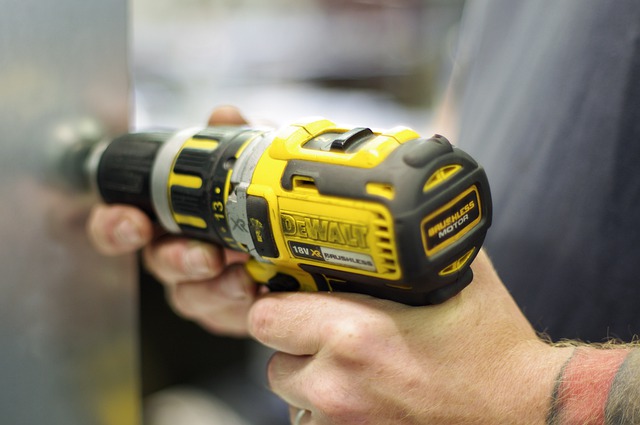Power tools are designed to ease manual labour through the use of electricity. But many people may not be aware of how to use a power tool properly. So always read full instructions before using any power tool and strictly follow all safety guidelines. Power tools can be dangerous when handled improperly or if used for purposes they weren’t intended. Small children should never be allowed near these machines and always have an adult nearby just in case things go wrong.
Power tools can be subject to everyday wear and tear or even fail at awkward times if not properly cared for. So if you are planning on buying new power tools for your home, this comes as advice from the top.
1. Safety glasses
Eye protection is an important tool when working with wood filler or fiberglass. It does take away from the aesthetic element a little, but your eyesight must come first. Not only that, without eye protection, contaminants such as wood chips and fiberglass can find their way across your face. Wood shavings are also a common contaminant, so it’s important to use eye protection and give your eyes added protection from these sharp particles.
2. The of power tools
Power tools can be a convenient solution to any problem you might have at work. They can allow you to do your job more efficiently and safely in some cases. But power tools should always be handled correctly to ensure safety and a longer life span. For example, their cords should never carry tools, and tools that are not in use should always be disconnected.
Mini digger hire provides the perfect solution for smaller building jobs. It is perfect for a wide range of projects. Mini digger hire can also be used with other pieces of plant and machinery to give your project the extra boost it needs to get it over the line safely and on time.
Always disconnect tools when they are not in use and carry them by their handles, never by the cord. In addition, you should place each tool back on the shelf where it belongs after each use and never let tools stay on the ground or the floor. You have probably heard about these habits before, but you should always try to break bad habits for a safer working environment.
3. The right inspection
Power tool cables are not designed to be used in wet environments or direct contact with water. Never use power tools in the rain. Wash them or store them where they might get dirty or wet. Inspect your charger the same way. Look for pinched areas, frayed wiring and broken plugs as these conditions could cause electric shock, fire and injury.
They are meant for skilled users with specific safety training. Always read the instruction manual before using the tool, and be sure to follow all safety requirements. Never use a power tool if you do not fully understand how it works or what risks are involved. Wacker plate hire is very important for a company that wants to make sure it is ready for anything when working on its building site.
4. Extreme cautions
Tools like table saws and nail guns are common in home workshops and can be hazardous if they’re not used safely. Ticking off woodwork trim on the wall is common to test if a table saw is in good working order. After the test, you should make sure that the blade is raised and locked securely. If the blade is not raised and locked, it may fall out when tipped over for repairs or cleaning. Sometimes, just touching the table saw can cause it to fall off again. Some power tool mishaps can be prevented with common-sense handling advice.




